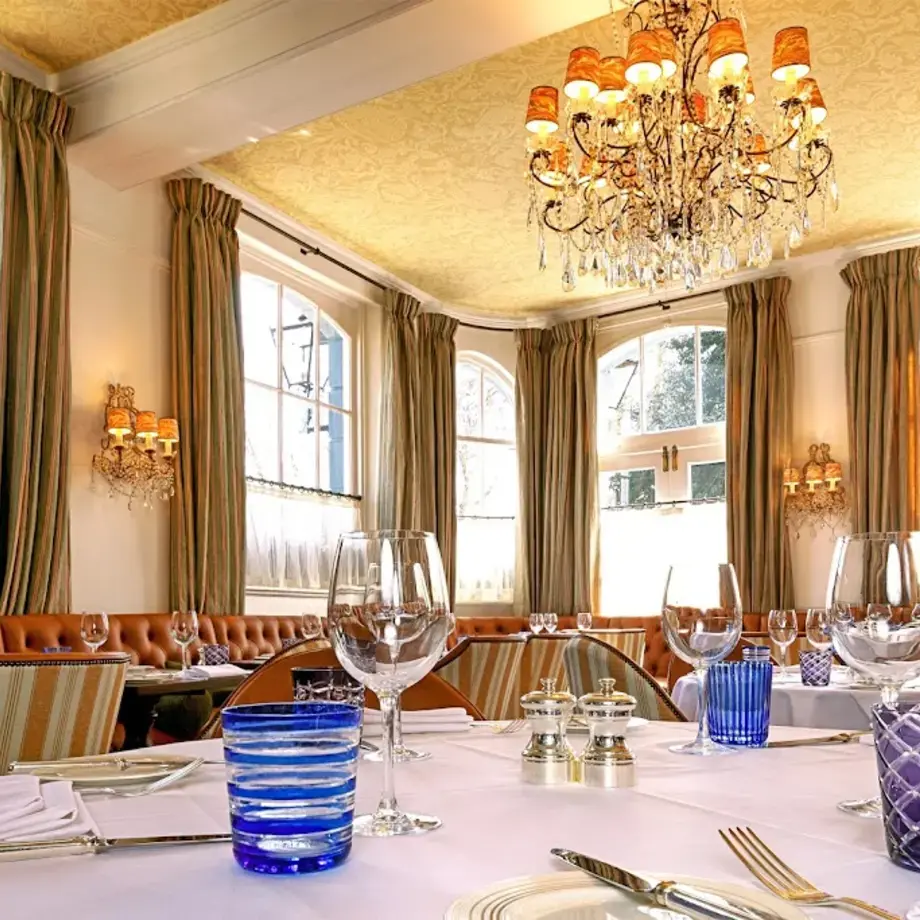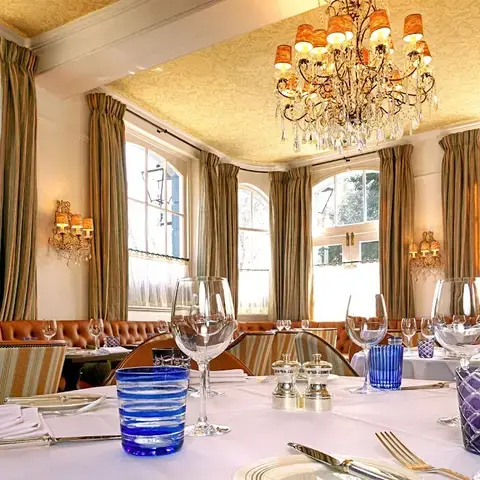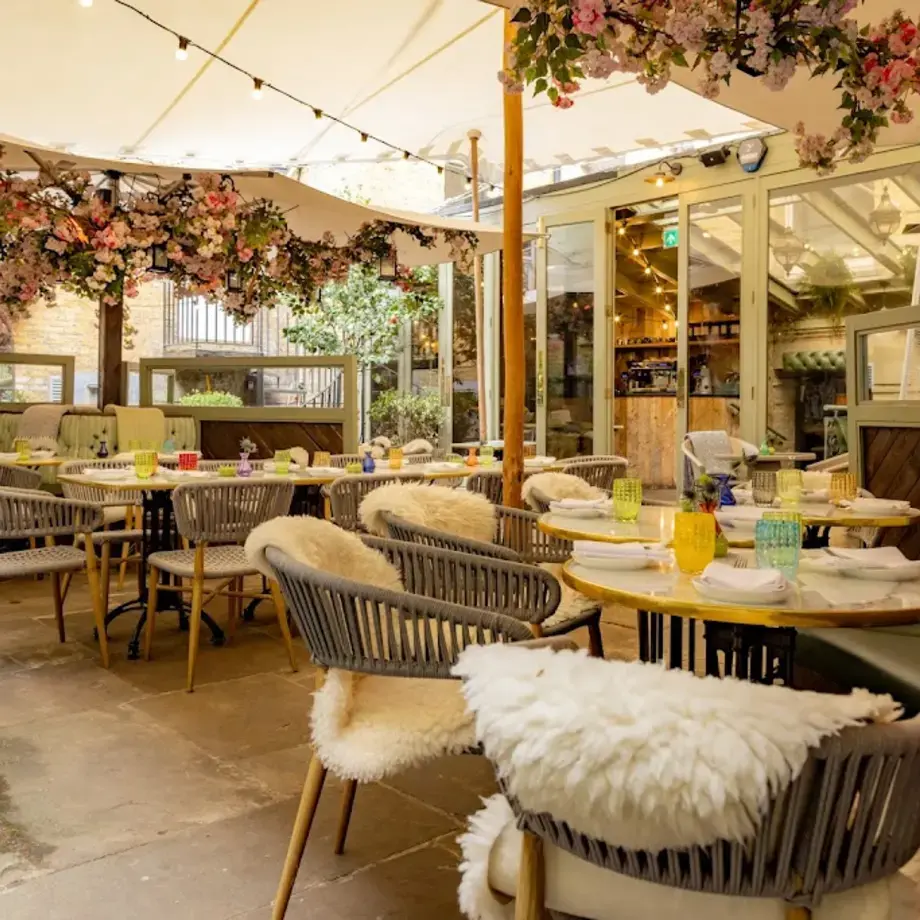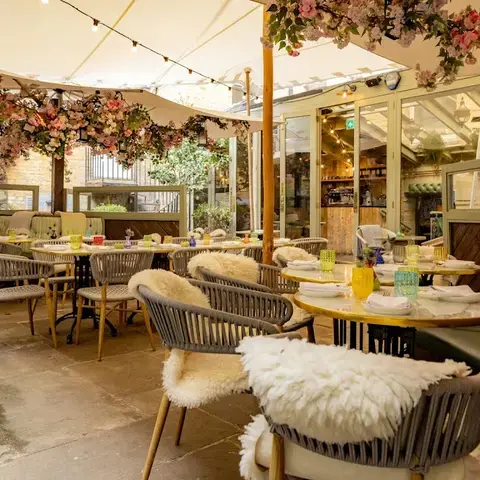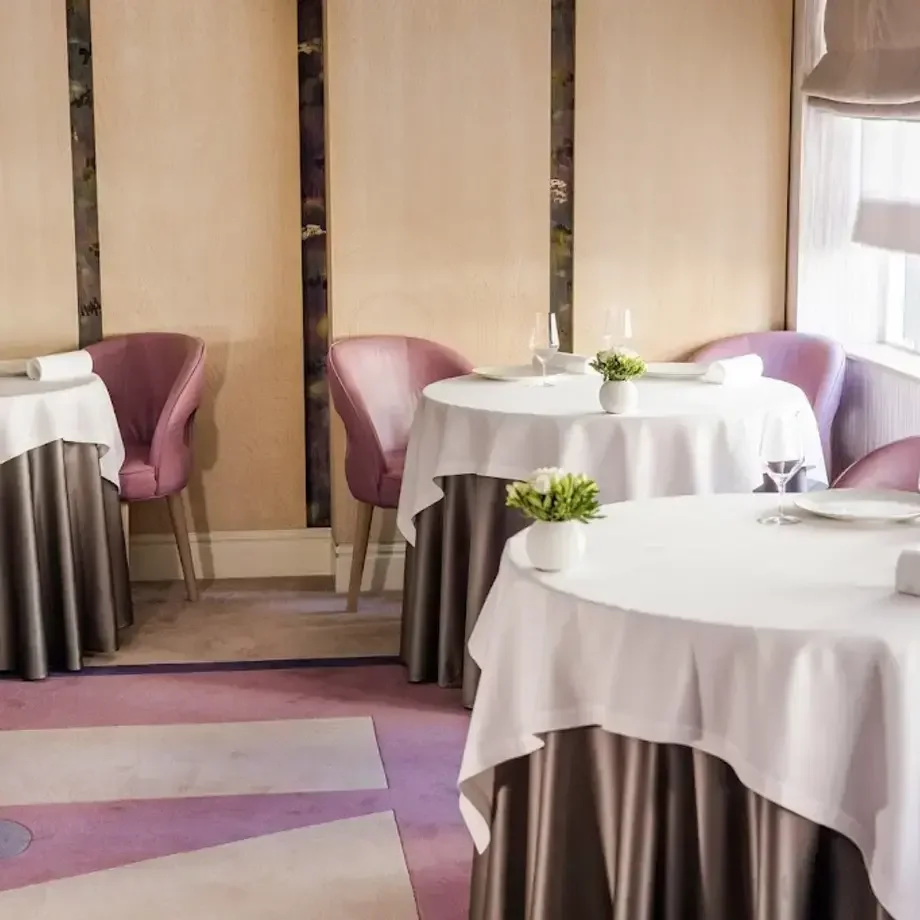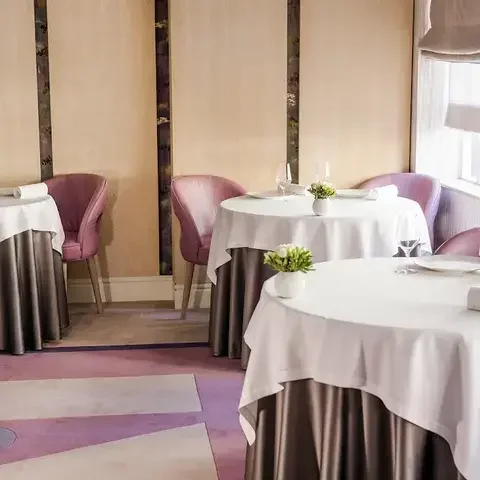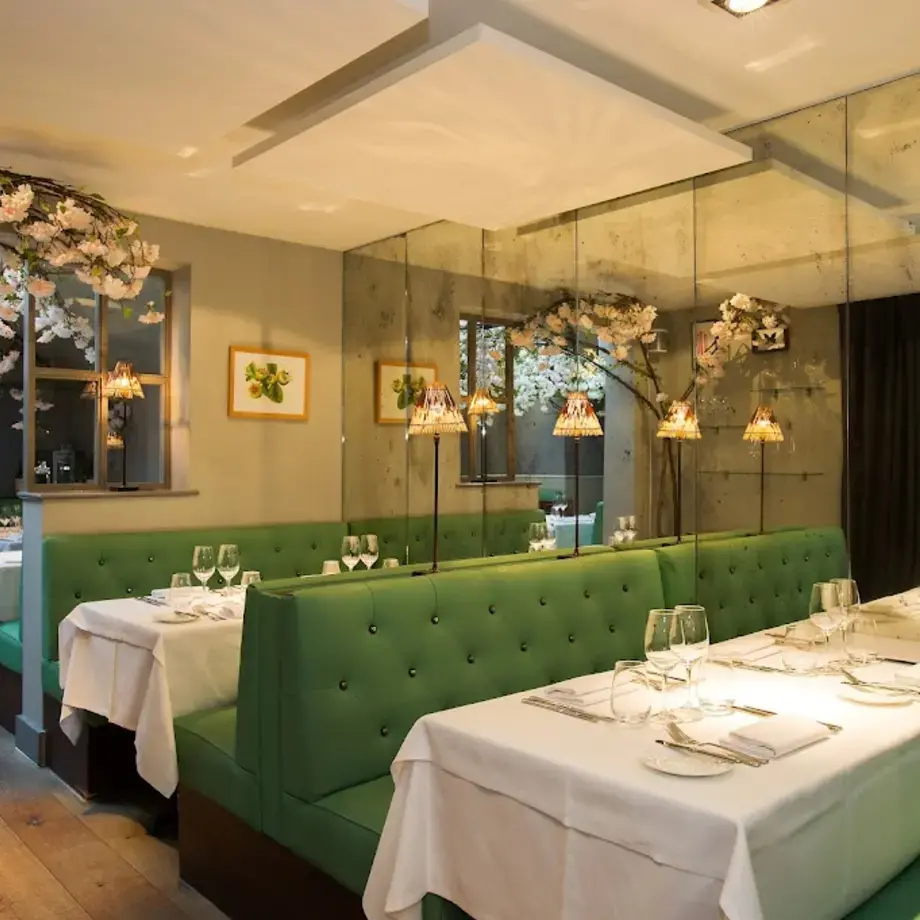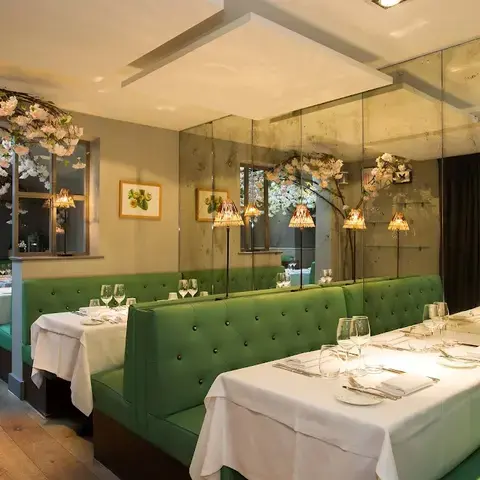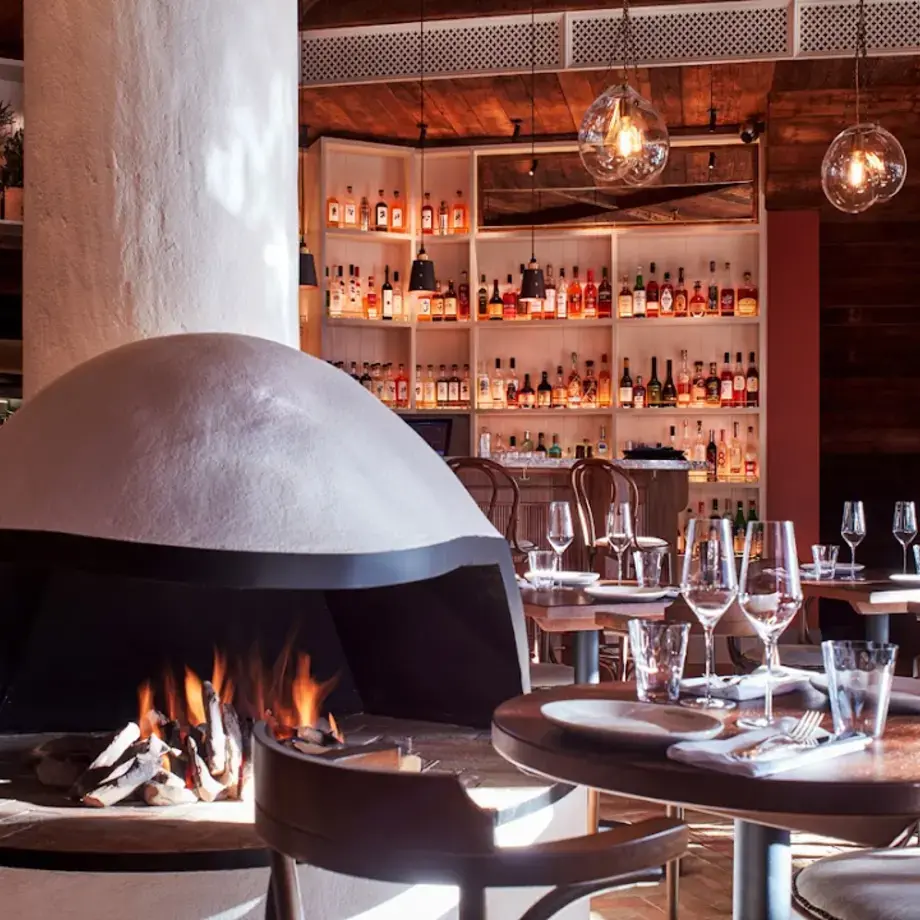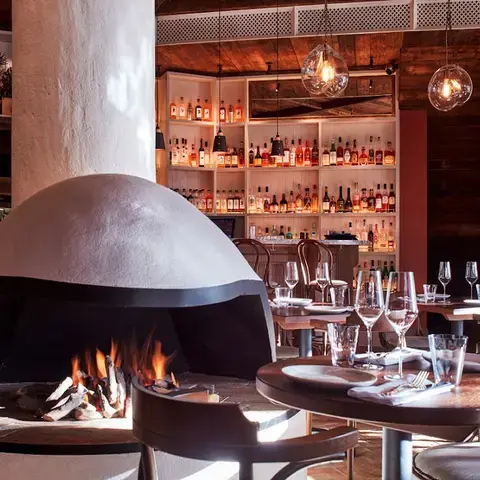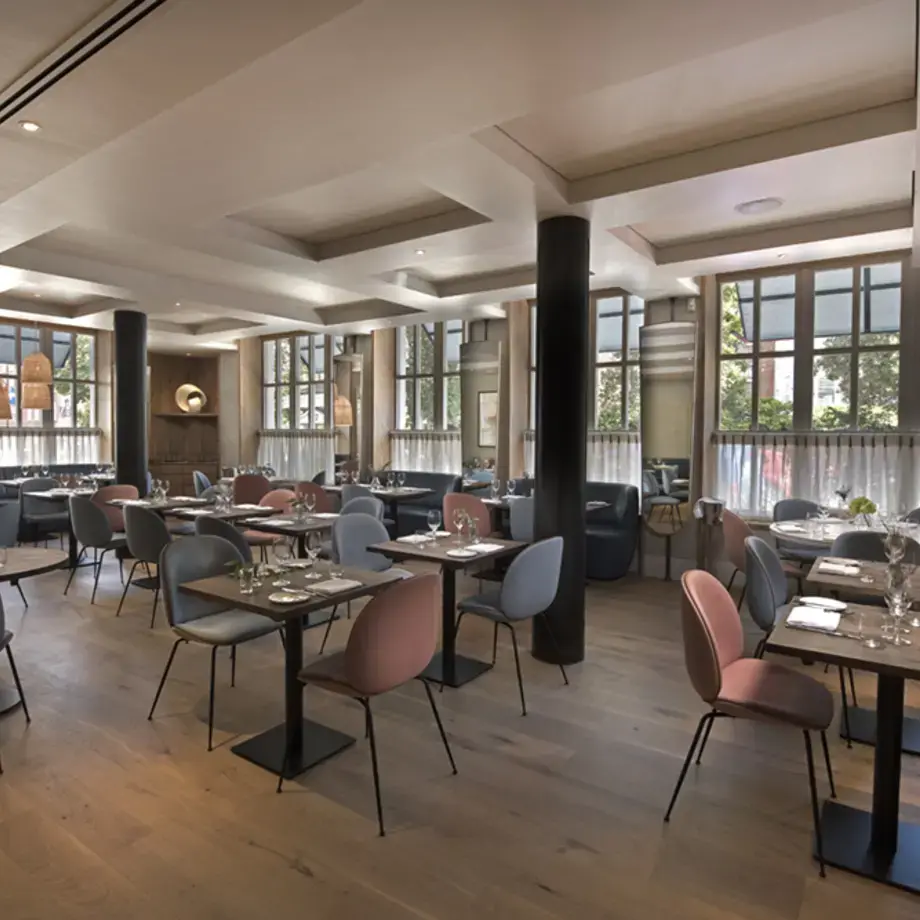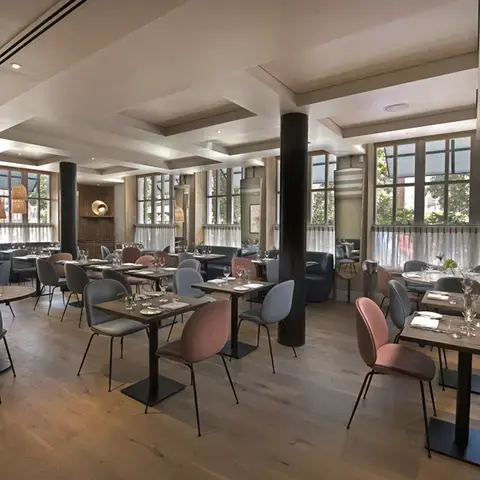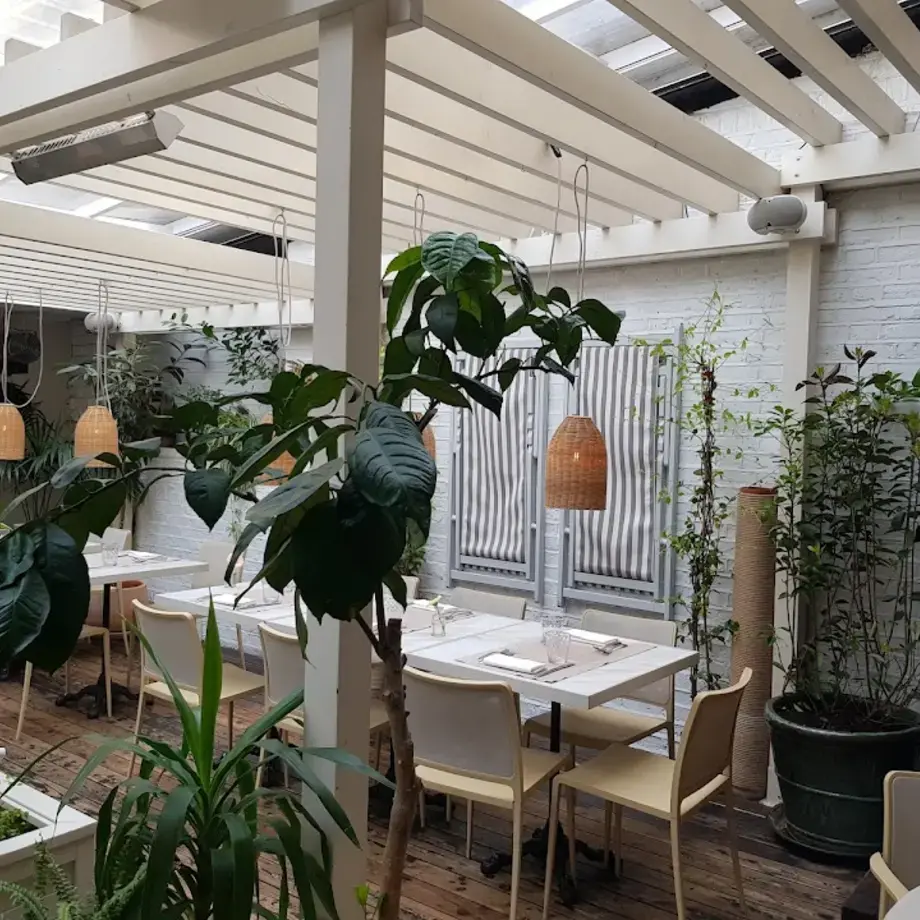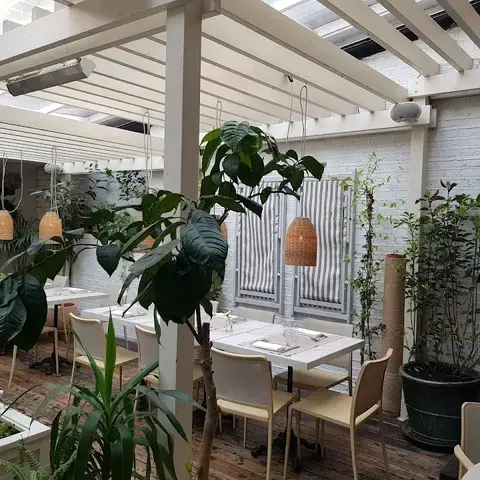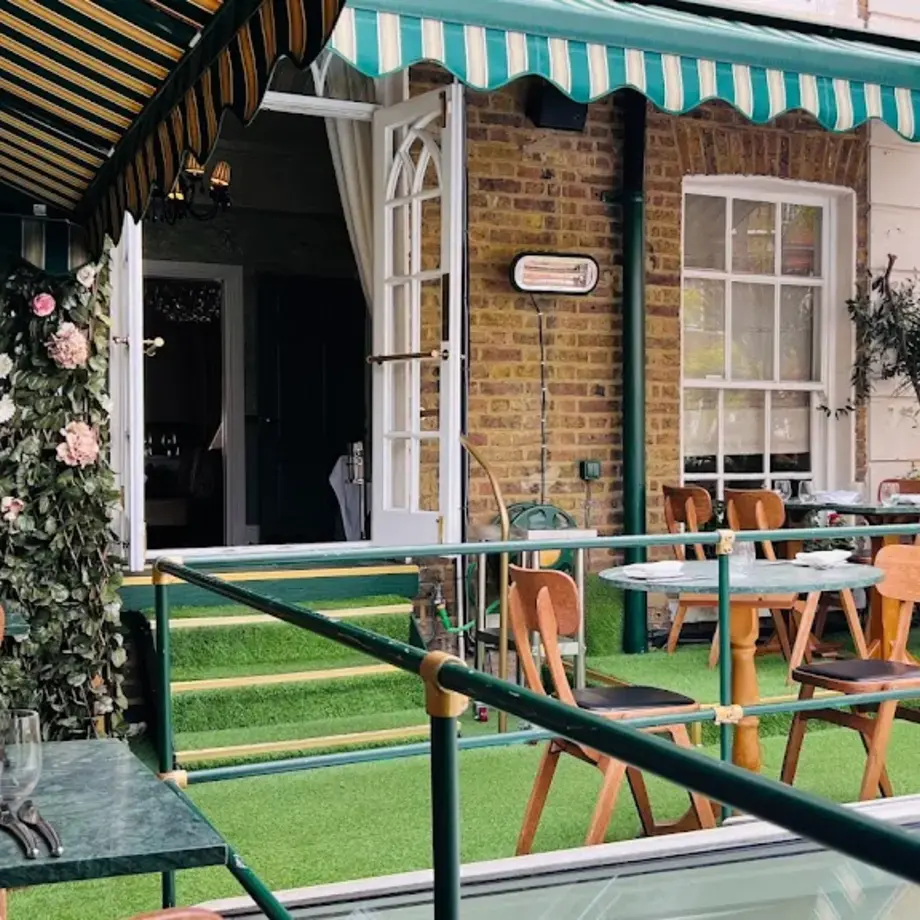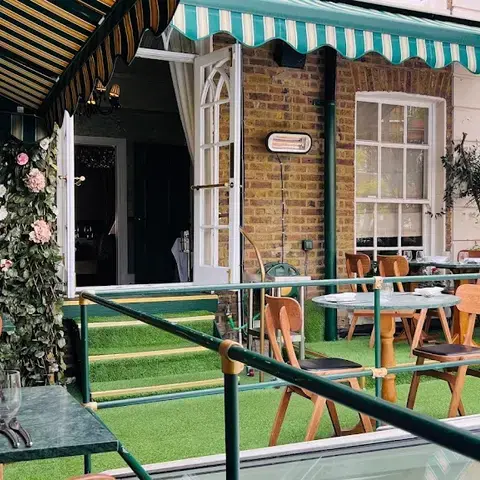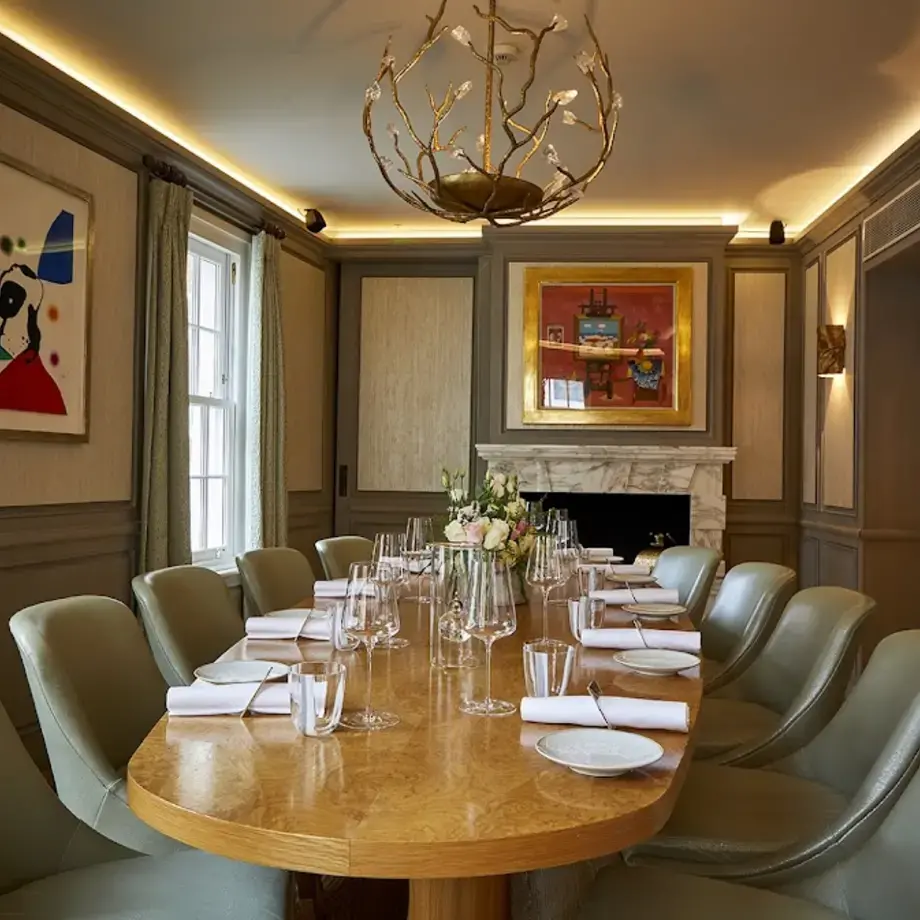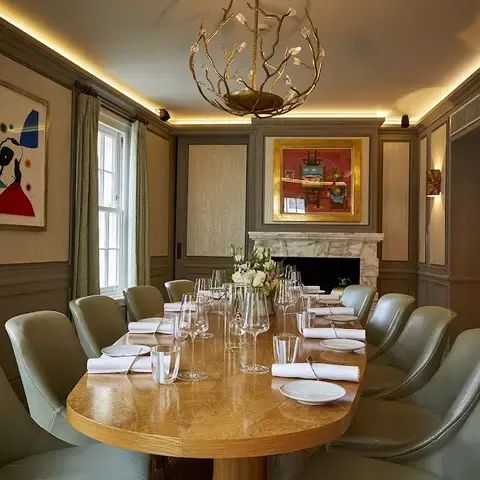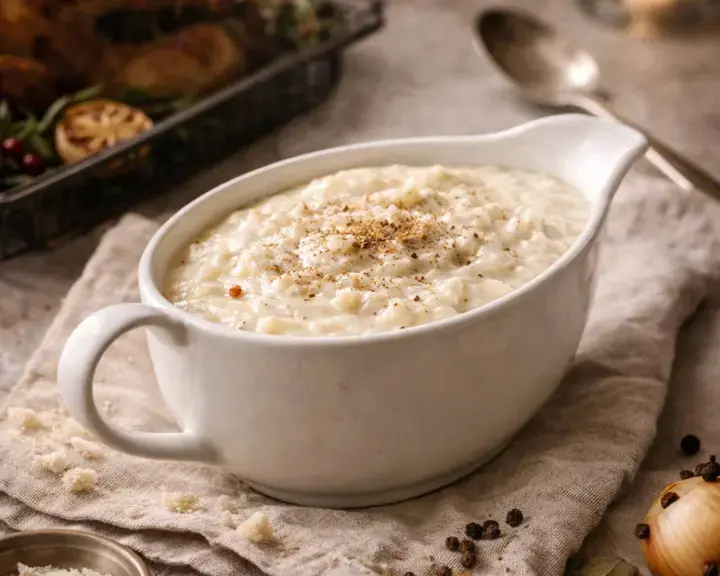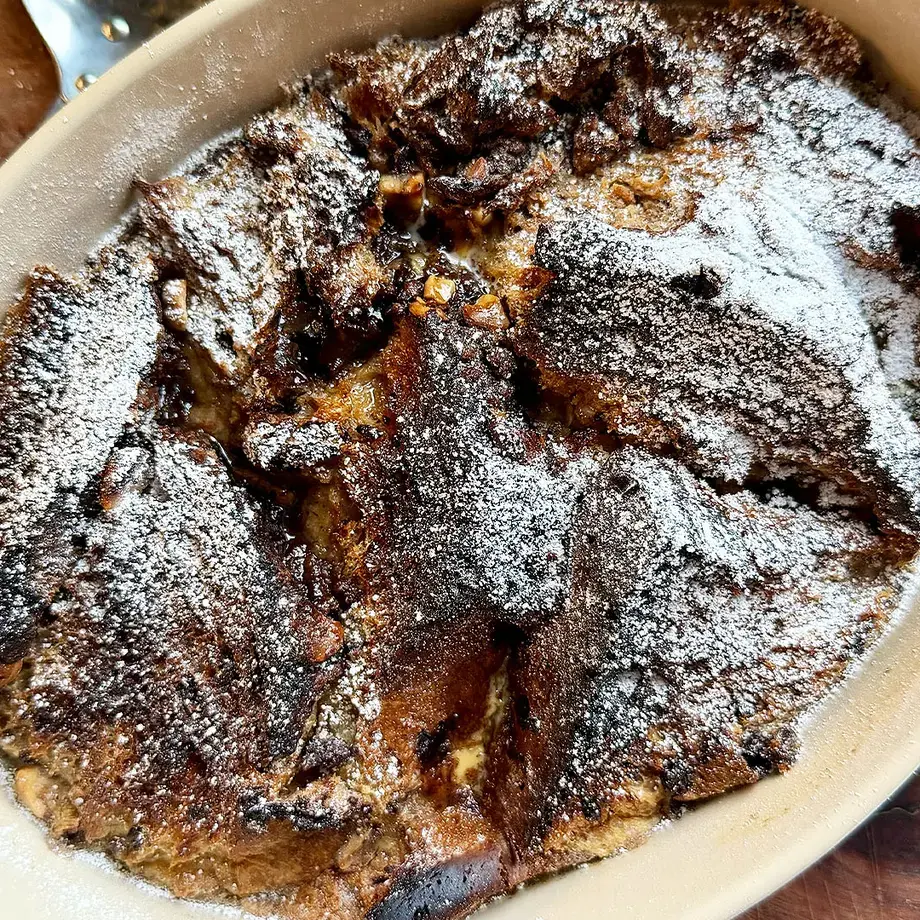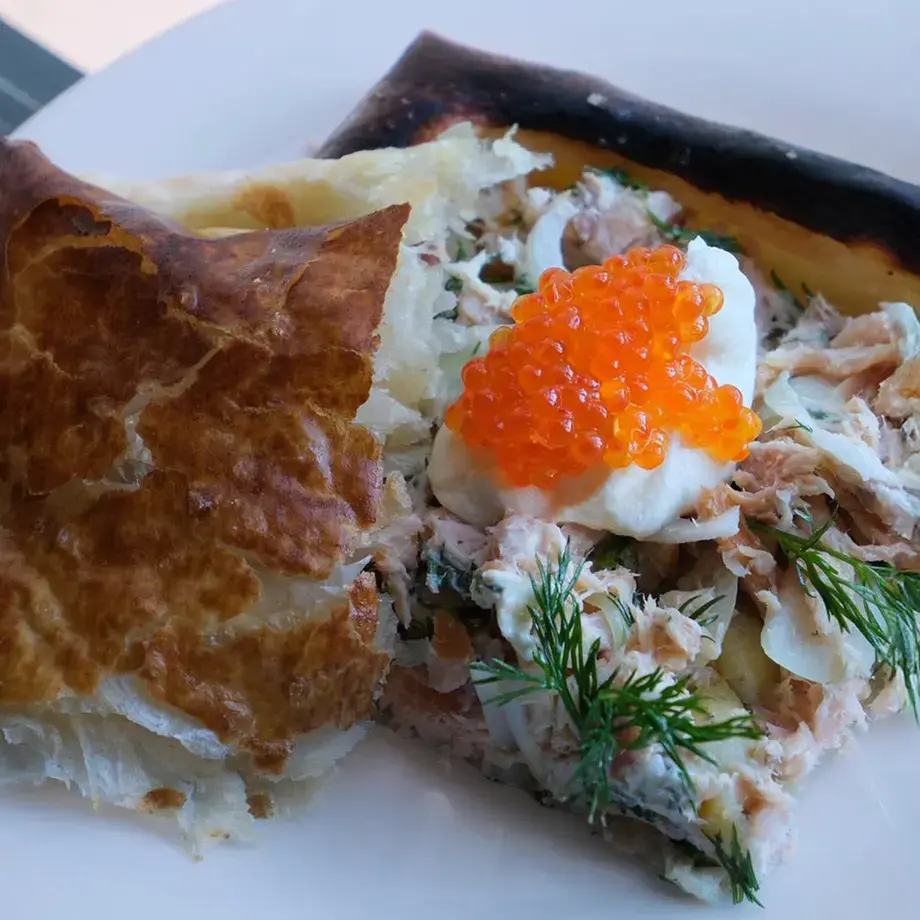A quiet confidence permeates No. Fifty Cheyne, a modern British restaurant under the guidance of chef Iain Smith. The approach here is never ostentatious—rather, it leans into the understated artistry of tradition reimagined, an ethos that quietly steers away from affectation and towards authenticity. Within these walls, the quest is not to reinvent British cuisine, but to let it emerge anew, each dish reflecting a deep respect for product and provenance. Recognition in the Michelin Guide comes as no surprise to those who have followed Smith’s disciplined hand in the kitchen. The menu, defined by its clarity and restraint, walks a delicate tightrope: the flavours are unmistakably British but refreshed through a deft, modern touch. What distinguishes No. Fifty Cheyne most is this sense of equilibrium, an almost studied simplicity that reveals layers of depth without theatrics. Each plate is meticulously crafted, the composition purposeful yet never overwrought—there is a tangible sense that every element earns its place. Ingredient selection here is paramount. The sourcing betrays a reverence for the British larder, whether it is the deep flavour of native meats, the briny clarity of responsibly fished seafood, or the true taste of seasonal vegetables. Yet, while the raw materials speak volumes, it’s the kitchen’s thoughtful modulation that draws out their best selves. Richness is balanced with freshness; classic techniques act as a foundation for subtle innovation. No flourish feels superfluous, and the rhythm of the meal unfolds with a gentle persuasion, coaxing rather than demanding attention. Ambience at No. Fifty Cheyne is marked by a refined composure, with its elegant setting providing a discreet backdrop against which the food asserts its quiet confidence. There is no need for showmanship—just an unwavering focus on the enduring pleasures of modern British cuisine, interpreted with an eye for purity and detail. At No. Fifty Cheyne, the familiar evolves gracefully, proving that when tradition is treated with intelligence and care, it need not be left behind—it can, instead, find new resonance.
